Liverpool U18s Depart Field Amid Alleged Racist Abuse in Frankfurt Encounter
In a troubling turn of events during a youth football tournament in Schwäbisch Hall, Germany, Liverpool's Under-18 team walked off the pitch following allegations of racist abuse directed at one of their players. The incident brought an abrupt end to their match against Eintracht Frankfurt.
The match, which had tied 1-1 until the final minutes, saw sudden tension as reports surfaced of racist remarks being made by a Frankfurt player towards a Liverpool player. Disturbed by the incident, the Liverpool team collectively decided to leave the field, refusing to continue.
The organizers of the youth tournament ultimately declared the match abandoned and awarded Eintracht Frankfurt a 3-0 victory by default. This decision was met with mixed reactions as it raised questions about the protocols in place for handling such sensitive matters in youth sports.
German news outlet Bild reported the incident, shedding light on the allegations. According to their report, the accused Frankfurt player used a term considered racist. However, Eintracht Frankfurt's sporting director, Timmo Hardung, contested these claims, stating the player had been misunderstood. Hardung explained that the player used the German slang term 'digga', which translates to 'bro' or 'dude' in English.
Hardung was emphatic in his address, highlighting that racism holds no ground at Eintracht Frankfurt, an institution that prides itself on its multicultural team and values. He urged the public to consider the context and defense put forth by the accused player while condemning any act of racism unequivocally.
Despite the assertion from Frankfurt's camp, Liverpool FC has remained tight-lipped, withholding an immediate public commentary on the incident. This silence has left many in the football community waiting for further clarification and the club's stance on the reported events.
Racism in football has been a pressing issue, with numerous incidents casting a shadow over the sport worldwide. This latest incident aligns with a broader context, where the spotlight on racial discrimination and abuse has intensified. The football world has been particularly alert following recent events, such as the involvement of Chelsea star Enzo Fernandez in a controversial chant that was both racist and transphobic after Argentina's Copa America victory. These occurrences have provoked widespread discussions about what measures need to be implemented to create an inclusive environment in the sport.
This alleged incident during the youth tournament is a stark reminder of the work that remains to be done to eradicate racism from football. The decision by Liverpool U18s to walk off the pitch signaled their strong stance against such behavior and brought to the forefront the importance of having clear, robust policies to address and mitigate racism on and off the field.
While Liverpool's management continues to deliberate on their public response, the football community waits, hoping this incident will galvanize more stringent actions and policies against racism. The outpouring of support from fans and players alike emphasizes the collective responsibility to foster an environment where every player, regardless of their background, feels respected and valued.
Looking forward, the youth tournament organizers, football clubs, and governing bodies must engage in serious dialogues to reassess their current strategies for handling allegations of this nature. They should aim to not only protect the young players but also instill values of respect and inclusivity from the grassroots level upwards.
Educational Initiatives and Cultural Sensitivity
An essential step in addressing these issues is embedding educational initiatives focused on cultural sensitivity and respect within football academies and clubs. Young athletes must be nurtured in an environment where understanding and appreciating diversity is as crucial as mastering the sport itself.
Clubs like Liverpool FC, renowned for their extensive youth development programs, can pave the way by integrating comprehensive education on racial and cultural inclusivity. Workshops, open discussions, and constant reinforcement of these values can create a more aware generation of footballers who champion respect both on and off the pitch.
Furthermore, collaborations between clubs, leagues, and anti-racism organizations can amplify these efforts. Joint campaigns, supportive resources, and the sharing of best practices can create a unified front against racism in football.
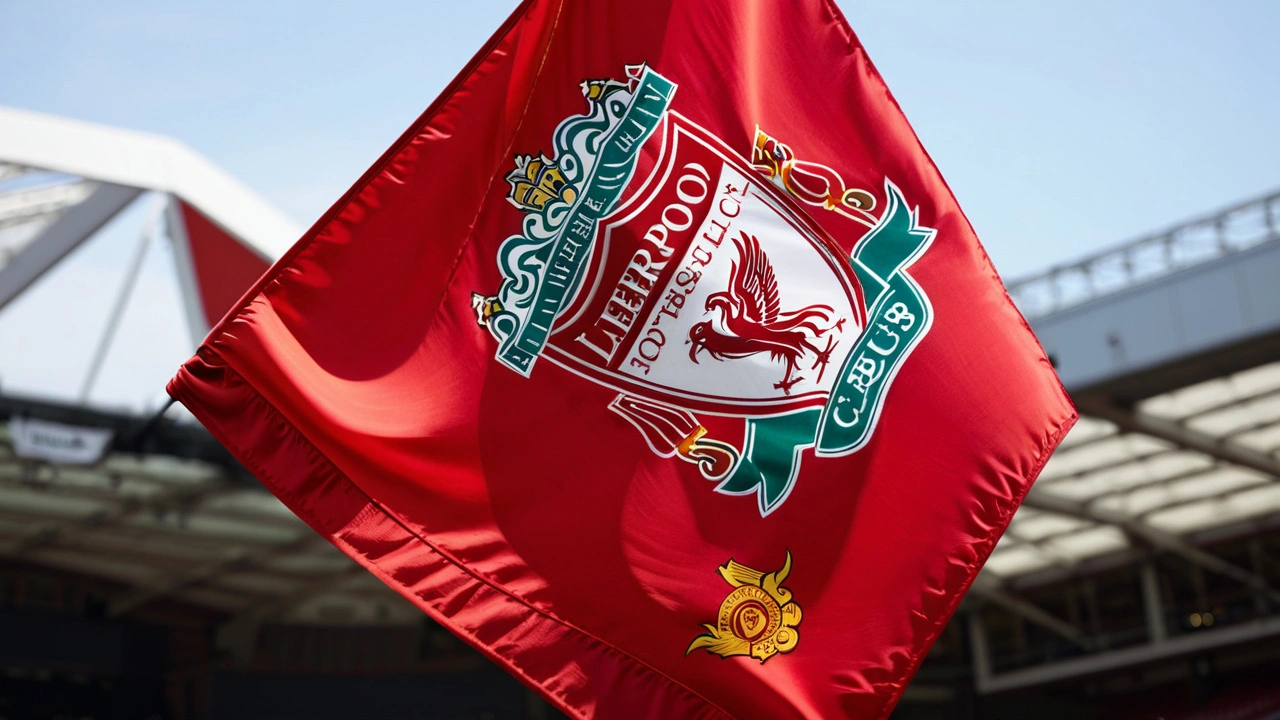
Policy Reformation and Accountability
The incident also underscores the necessity for clear and enforceable policies that address incidents of racism swiftly and decisively. Governing bodies like FIFA and UEFA need to enforce stringent rules that not only punish offenders but also provide support for victims of racial abuse.
Strong disciplinary measures, coupled with restorative justice practices, can offer a balanced approach. While punishment serves as a deterrent, restorative practices can help mend the emotional and psychological harm caused by such incidents, promoting healing and understanding within the football community.
The incident in Schwäbisch Hall could be a pivotal moment, urging clubs and governing bodies to reassess their current protocols. Transparent investigations, zero-tolerance policies, and consistent application of disciplinary actions are imperative steps towards a more inclusive and respectful sport.
As the football world grapples with these recurring issues, the actions of Liverpool U18s serve as both a stark reminder and an urgent call to action. It is clear that the path to eradicating racism from football is long and demanding, requiring unwavering commitment from all stakeholders involved.
Ultimately, football, often called 'the beautiful game,' holds a unique power to unite people across all walks of life. By taking decisive steps against racism and fostering an environment built on respect and inclusivity, the sport can live up to its ideal of bringing fans and players together, celebrating the diversity that enriches it.
Only time will tell how this incident will reshape policies and attitudes in youth tournaments and beyond. However, it stands as a critical reminder of the collective responsibility to ensure that football remains a game where every player feels safe, respected, and valued, irrespective of their background.
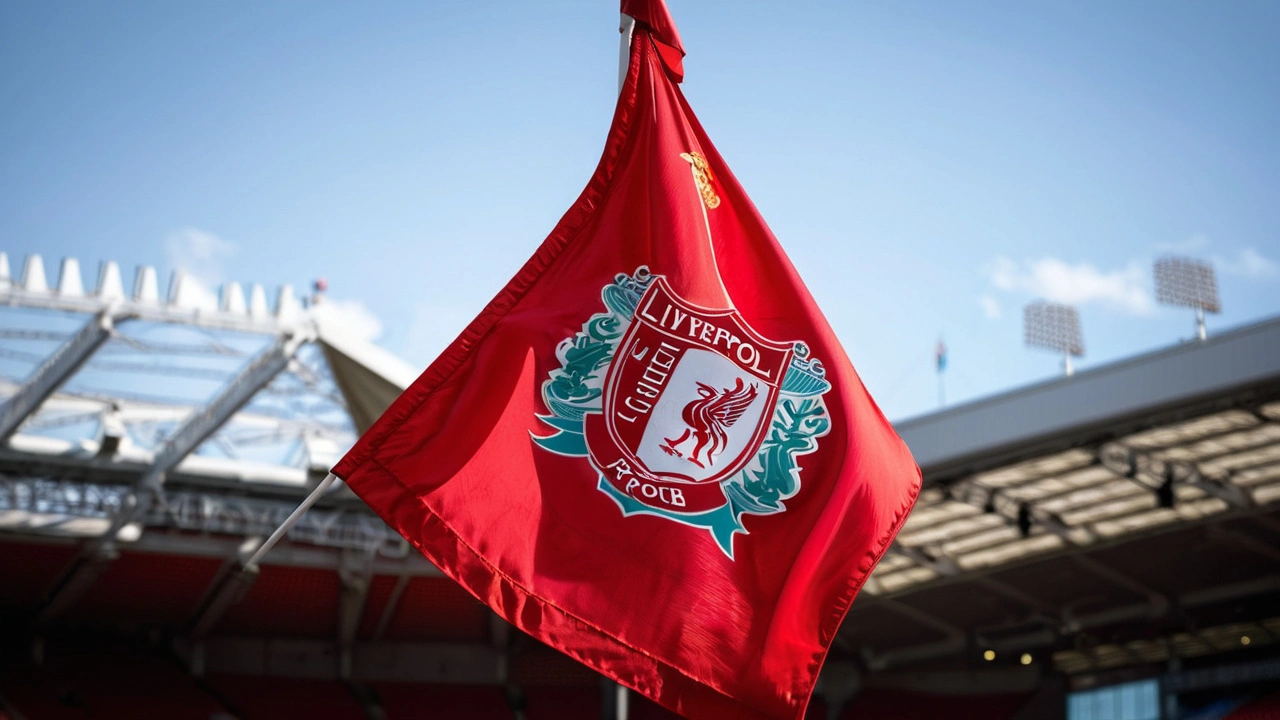
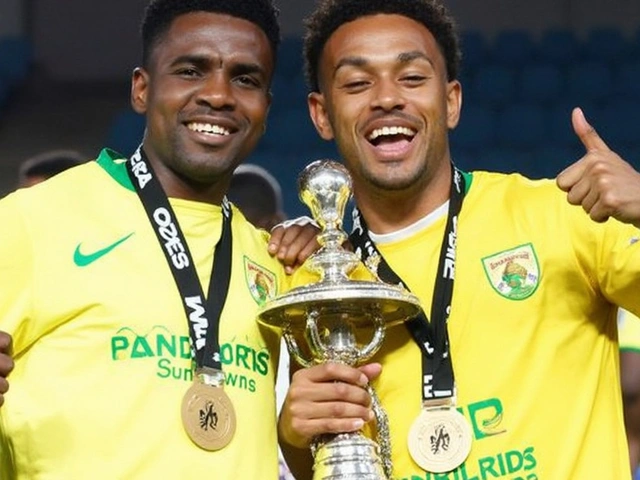
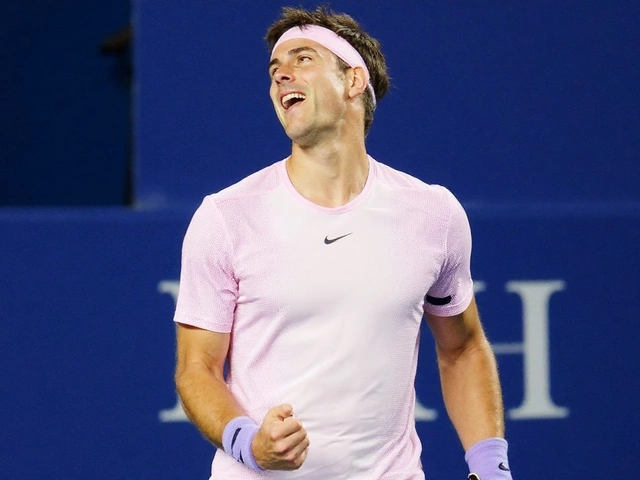
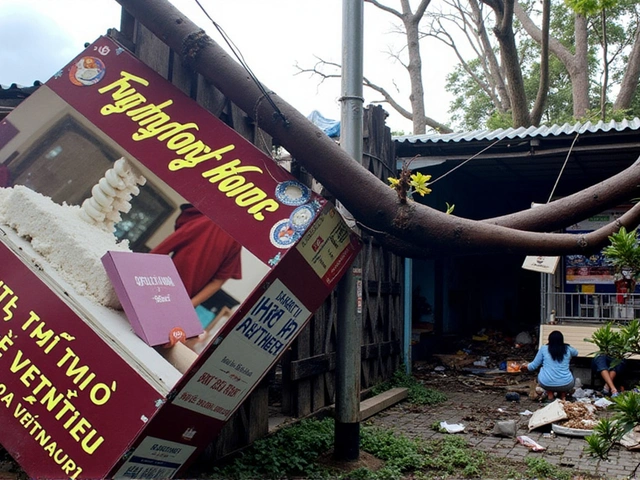
Honestly, the whole walk‑off thing smells like a PR stunt cooked up by the club’s media team. They love to paint themselves as the moral high ground while never actually demanding any concrete sanctions from the federation. If you look at past incidents, the punishments are either watered down or disappear entirely, which makes the whole anti‑racism rhetoric feel hollow. Plus, the Frankfurt side’s quick dismissal of the slur as a simple "digga" shows how easily language can be weaponised or downplayed. At the end of the day, it’s just another episode of clubs trying to save face without real accountability.
Walk‑offs send a powerful message that racism won’t be tolerated on the pitch.
Yo, this whole scene got me thinking about how we teach kids to handle hate. It's like throwing a stone at a glass window and expecting the glass to stay unshaken. If the youth academy doesn’t embed respect from day one, the cracks keep widening. And honestly, the silence from the club just adds fuel to the fire, making everyone wonder if they really give a damn.
From a policy standpoint, UEFA already has a three‑step protocol: report, investigate, sanction. The next step for clubs is to implement mandatory cultural‑sensitivity workshops for every age group. In the meantime, national associations should enforce a zero‑tolerance rule that automatically triggers a match‑abandonment if abuse is verified. This would close the loophole where clubs can quietly move on without repercussions. Ultimately, consistency in enforcement will rebuild trust among players and fans.
We must stand united together in this battle against racism and ensure that every young player feels safe on the field the clubs have a duty to educate their academies about inclusive values
Seeing kids walk off like that really hits home; it shows how deep the problem runs even at the grassroots. I think it’s a reminder that we need more than just slogans – real education and dialogue. When clubs invest in cultural programs, they plant seeds that grow into mutual respect. It’s not just about one match; it’s about shaping the future of the sport.
Honestly, you’d think a "digga" is just slang, but the media loves to sensationalise every single word 🙄. Maybe the club should focus on the bigger picture: how to keep the kids safe, not spin a narrative about a single phrase 😅. If the abuse was real, punish the offender; if not, let the story die. Either way, the drama isn’t helping anyone.
Let’s cut through the veneer of political correctness and examine the operational metrics. The incident showcases a failure in the risk‑assessment matrix that clubs employ prior to tournaments. Deploying a robust incident‑response framework, anchored in data‑driven thresholds, would mitigate such breaches. Moreover, integrating sociolinguistic analytics can differentiate benign colloquialisms from malicious slurs. This is not a debate about semantics; it’s a call for systemic overhaul.
It is commendable that the youth side chose to leave the pitch in protest, thereby underscoring the seriousness of the allegations. Nonetheless, the governing bodies must ensure that investigations are carried out with procedural rigor. A transparent report would benefit all stakeholders and reinforce the sport’s commitment to equality.
Wow, a one‑sentence protest? That's adorable.
Sure, walking off feels like a bold statement until you realize no one’s fixing the underlying bias.
Maybe next time, ask the officials to run a language audit instead of making a theatrical exit.
Just saying, some drama could be saved for the after‑game interviews.
In the broader context of football governance, this incident serves as a litmus test for the efficacy of existing anti‑racism protocols. Firstly, the reporting mechanisms must be standardized across all UEFA‑affiliated youth tournaments, ensuring that any allegation is logged within a ten‑minute window. Secondly, an independent review board should be constituted, comprising sociologists, legal experts, and former players, to evaluate the veracity of claims without club interference. Thirdly, the sanctions framework needs to be tiered, ranging from mandatory educational workshops for the offender to outright bans for repeat transgressors. Fourthly, the communication strategy must be transparent; clubs and federations should release concise statements detailing the steps taken, thereby preventing misinformation. Fifthly, data collection on incidents should be centralized, facilitating longitudinal studies on the prevalence of racial abuse. Sixthly, clubs ought to invest in regular cultural competency training for both players and staff, integrating modules that address regional slang versus hate speech. Seventhly, there should be a clear delineation between harmless banter and overt discrimination, with linguistic experts consulting on ambiguous cases. Eighthly, mental health support must be provided to victims, acknowledging the psychological impact of such abuse. Ninthly, fan education campaigns are essential, leveraging stadium announcements and social media to reinforce zero‑tolerance messages. Tenthly, sponsorship agreements can include clauses that penalize clubs for failing to uphold anti‑racism standards. Eleventhly, the legal ramifications must be clarified, outlining the potential civil liabilities for perpetrators. Twelfthly, the role of referees and match officials should be expanded to include on‑field monitoring of verbal conduct. Thirteenthly, technology such as real‑time audio detection could be piloted to capture and flag abusive language instantaneously. Fourteenthly, collaboration with anti‑racism NGOs can bring external oversight and credibility to the process. Lastly, all stakeholders must commit to a continuous improvement cycle, regularly reviewing policies in light of new incidents and societal shifts.
The drama of a youth match turning into a morality play is classic football theatre.
But let’s be real – the real heroes are the kids who refused to be silenced.
While some pundits will dissect the semantics of “digga,” the truth is simple: no one should endure slurs on the pitch.
It’s high time governing bodies stop the endless hearings and start enforcing real consequences.
Only then will we see a sport where respect isn’t just a buzzword but a lived reality.